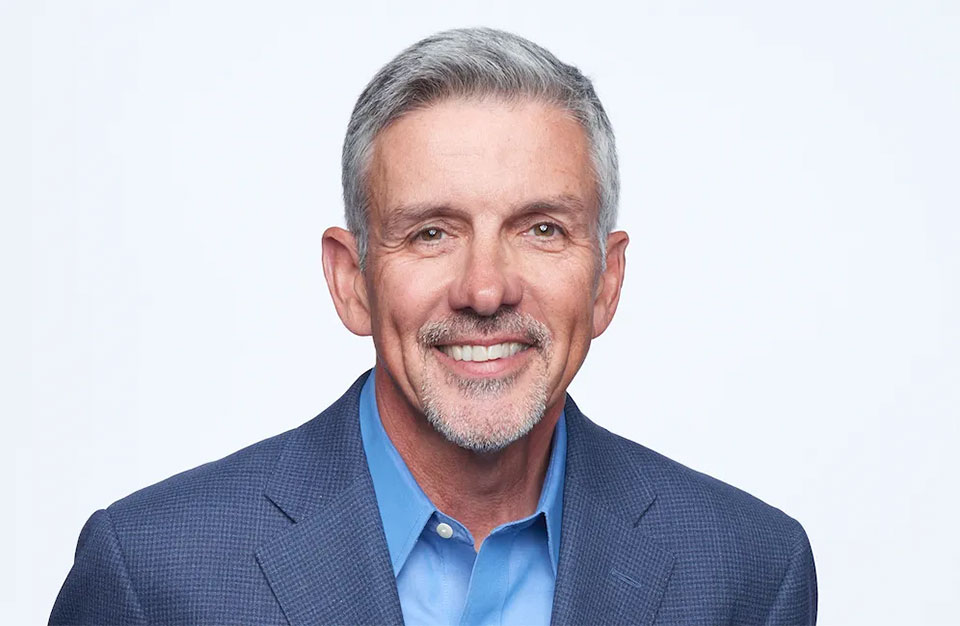Generation Why

There’s been a great deal of conversation lately about the existence of five generations in today’s workplace. This reality is an opportunity that leaders everywhere should embrace. Being a Boomer, I marvel at Gen Y and Gen Z and their healthy perspective on relationships, taking the long view, and valuing diversity. While these two generations are distinct in many ways, they share an admirable understanding when it comes to being purpose-driven and recognizing the power of having a why.
Now, as much as I admire Simon Sinek’s work and his leadership perspective, I am puzzled by his occasional generational shaming. On several occasions, I’ve seen him pick on Gen X (millennials) and Gen Zs for no apparent reason other than to go for the cheap laugh to curry favor with Boomers and Gen Xers. (They apparently enjoy judging these generations as entitled and disconnected). From the man who espouses the power of why he ironically mocks the generations who embrace his espoused point of view. It’s beneath him. So why does he do it? You’d have to ask him, but he’s not alone.
Generational shaming isn’t a new phenomenon. Here’s a quote you may regard as an interesting example of what I am talking about: “Children are now tyrants, not the servants of their households. They no longer rise when elders enter the room. They contradict their parents, chatter before company, gobble up dainties at the table, cross their legs, and tyrannize their teachers.” Who said it, you ask? Well, according to Plato, it was his mentor Socrates. This quote apparently led Socrates to conclude: “If the whole world depends on today’s youth, I can’t see the world lasting another 100 years.”
Socrates is speaking of the generation (his students) who stuck up for him and tried to dissuade him from ending his life by drinking hemlock (as a result of a bogus conviction and sentencing). Go figure, yet the pattern has continued over the centuries. It’s time for us to ask why.
My Perspective
We can blame the millennials for accepting participation trophies all we want – only if we, as their parents, teachers, and coaches, are prepared to take responsibility for giving these kids those trophies in the first place. They didn’t ask for that; it’s on us. So as we’re climbing off the high horse, we might also recognize that these generations face some unspeakable, existential challenges that will require a new worldview. I am convinced that they will meet the moment. It’s up to us to help them, not mock them.
As a parent of millennials and a former adjunct professor for Seton Hall University and now Rutgers University, I am monumentally impressed with the generations who will lead us through the opportunities and challenges the future has in store. I wish I had half the perspective and sensibilities they have when it comes to what it will take to make this world better – which starts with seeing the best in other people. In a world fraught with divisiveness, I believe they can guide us back to a healthier place of cooperation, collaboration, and kindness.
The Reality
Feel free to disagree with my perspective, but here’s the reality: By 2030, Gen X and Z will comprise roughly 75% of the workforce. Like it or not, the next generations will be running the show, as has been the case throughout history. We (the Traditionalists, Boomers, and Gen Xers) can either continue to parrot Socrates and Sinek or consider an alternative:
- Be ever curious. Seek to understand what shaped Gen Y and Z perspectives;
- Acknowledge that the world has changed from when we were kids;
- Embrace the best of what all generations have to offer;
- Share perspectives that molded the way all ages experienced the world so that we don’t have to relearn important life lessons unnecessarily; and,
- Recognize that our similarities are far greater than our differences.
Summary
For today’s CEOs who have not done so already, it’s time to build bridges among the generations in your workplace. It’s a massive opportunity to leverage your workforce’s collective intelligence and experiences. This act will involve providing your leaders and employees the time and space to engage one another in intentional conversations grounded in caring, curiosity, and candor. Over time, they will help dispel stereotypes, create a common understanding of how your associates can work together more effectively, and help your company find its shared “Generation Why.”
Written by Leo Bottary.
Have you read?
The Art of LETTING GO to achieve greater heights and goals by Aden Eyob.
MY FAVORITE HOLIDAY IS ELECTION DAY by Dr. Jim White.
Overcoming our memory limits with the cognitive offloading: dream or reality by Riccardo Pandini.
How You Can Successfully Start a Business or Help a Failing Business Survive by Dr. Maky Zanganeh.
Bring the best of the CEOWORLD magazine's global journalism to audiences in the United States and around the world. - Add CEOWORLD magazine to your Google News feed.
Follow CEOWORLD magazine headlines on: Google News, LinkedIn, Twitter, and Facebook.
Copyright 2025 The CEOWORLD magazine. All rights reserved. This material (and any extract from it) must not be copied, redistributed or placed on any website, without CEOWORLD magazine' prior written consent. For media queries, please contact: info@ceoworld.biz











